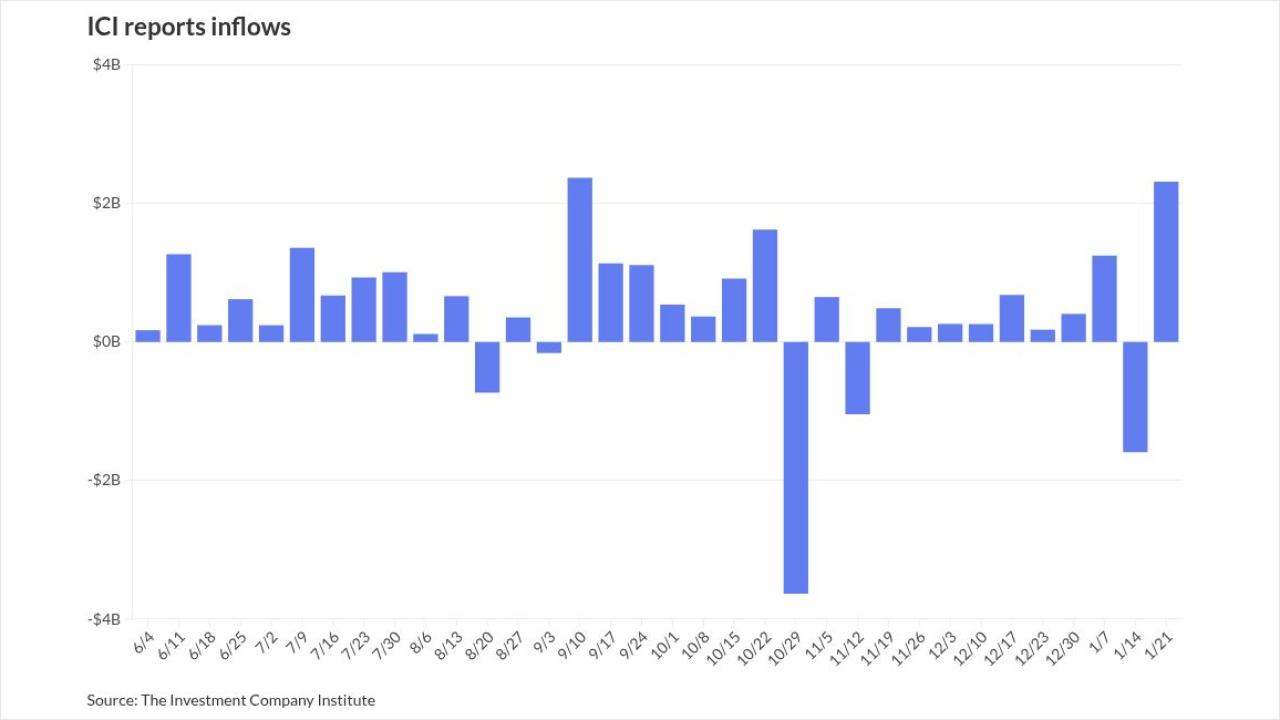WASHINGTON — States had $915 billion of unfunded pension benefits, $757 billion in outstanding public debt, and $577 billion of unfunded retire health care and other non-pension benefits in fiscal 2012, according to a report on States' Fiscal Health released by The Pew Charitable Trusts on Tuesday.
"These claims on future revenue put pressure on state finances, potentially affecting borrowing costs, credit ratings, and funds available for other priorities such as education or health care," Pew said in the updated analysis. "However, the degree of fiscal challenge varies depending on the size of the state's budget, economy and population," as well as "the type of liability."
States with faster growing economies, for example, may find their obligations more manageable. Additionally, states can cut certain costs over time by refinancing their debt or modifying their retiree benefits, Pew said.
Nationwide, states' pension promises were only 72.3% funded in fiscal 2012, ranging from 99.9% in Wisconsin to 40.4% for Illinois, according to the analysis.
Retiree health care was worse, with states covering only 6.1% of total liabilities. Arizona and Ohio had set aside funds equal to roughly half the cost of their future retiree health care benefits, but 15 states had set aside nothing, Pew found.
Debt was a larger liability than total combined unfunded retiree pension and health care costs in six states: Massachusetts, New York, Oregon, South Dakota, Washington and Wisconsin, according to the analysis.
Comparing these three long-term obligations in fiscal 2012, unfunded pension liabilities was the largest in 35 states, unfunded retiree health costs was the largest in seven states, and public debt was the largest in eight states.
Pension shortfalls in 24 states accounted for more than half of the total costs among these three obligations. In contrast, unfunded pension liabilities made up the smallest share of long-term obligations in Wisconsin, account for only 0.5%.
"Because most states smooth losses or gains in pension fund investments across the years, unfunded liabilities in fiscal 2012 still reflected some of the steep stock market drops experienced during the Great Recession," Pew said. "Recent stock gains are expected to make up for some of these declines."
Unfunded retiree health care costs accounted for more than half the long-term obligations of Delaware and North Carolina, the group said. But Nebraska does not even acknowledge any retiree health care obligations, it said.
States face other long-term budget pressures, such as expenses for deferred maintenance and upgrades to infrastructure, Pew noted.





